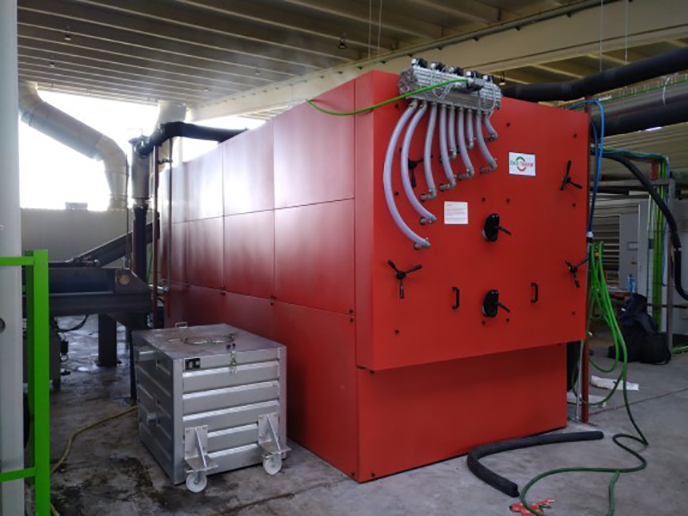EU’s revolutionary assembly platform
Organising, monitoring and controlling factory assembly operations at both the shop-floor and systems level is a daunting task. Including the ability for self-organisation and adaptation to changing conditions at both these levels seems like science fiction. Work conducted within the scope of the EU-funded project 'Instantly deployable evolvable assembly systems' (IDEAS) is making it all a reality. The significance of IDEAS' accomplishments has already been widely recognised. A publication on the project in Assembly Automation won the Outstanding Paper Award at the Literati Network Awards for Excellence 2013. The European Commission selected IDEAS as one of its 11 official Success Stories since the beginning of the Sixth Framework Programme (FP6). In essence, the elegance of the solution lies in a successful principle at work in complex systems from biological organisms to universities to businesses. In each case, individuals or units are responsible for specific functions in which they have expertise. They are coordinated to work together and intelligently adapt to a changing environment to achieve a higher goal. The IDEAS consortium further developed the established paradigm of evolvable assembly systems (EASs), in which simple, dedicated machine modules (agents) are created for each individual assembly process. Scientists combined EASs with a highly distributed adaptive control system based on control boards developed within the project for seamless interaction in multi-agent applications. The success of the multi-agent system (MAS) approach was proven in a simplified pre-demonstrator. The MAS automatically reacted to changing production conditions and flexibly managed resources. Production processes were run without programming using a simple graphical interface and drag-and-drop functionality. The miniaturised production platform served as the test bed for further development. Researchers demonstrated the full re-configurability (plug-and-produce capability) and adaptability in the assembly of two industrial systems. Small- and medium-sized enterprises will soon be able to automate assembly without investing in expensive automation equipment. Re-usability also decreases ecological impact and the financial investment. This is poised to revolutionise European assembly. IDEAS will enable manufacturers to recapture outsourced jobs and open the door to new global markets, surpassing the hurdle imposed by the current economic crisis.
Keywords
Evolvable assembly systems, multi-agent system, distributed adaptive control, plug-and-produce, manufacturing







